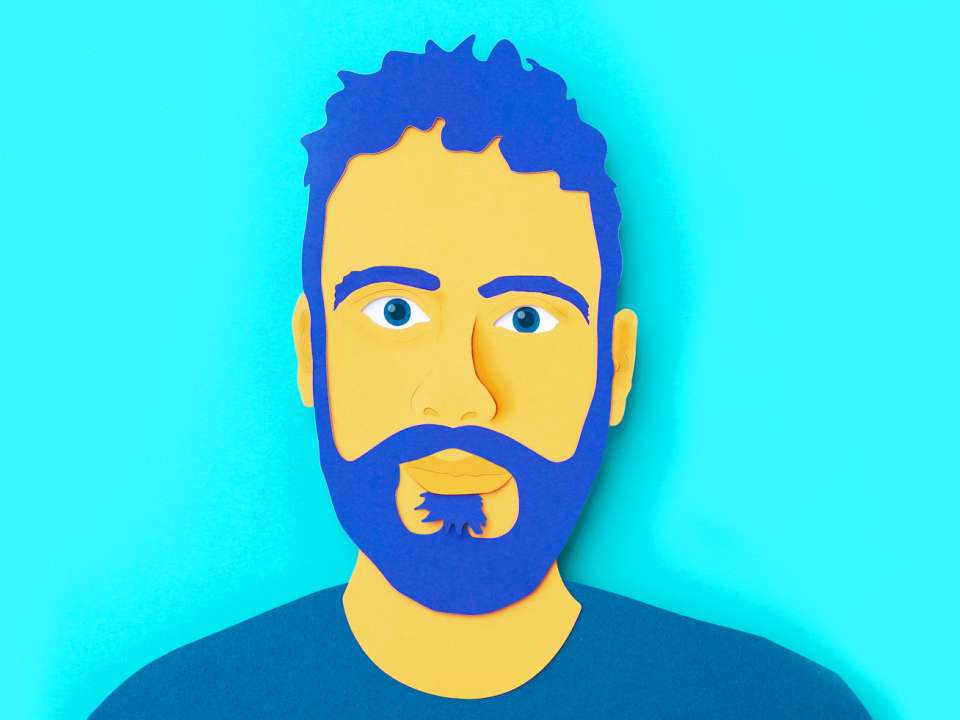How to Stay Safe and Help Prevent Domestic Violence During COVID-19 and Beyond

Staying home may help prevent the spread of the coronavirus, but it also has dangerous consequences for people experiencing domestic violence.
Countries across the globe have seen an increase in domestic violence since implementing social distancing measures, which confine abusers in close quarters at home. The economic hardships and temporary hiatus in other support services are also affecting people experiencing domestic violence, whether they live with their abuser or not.
“It’s important to understand that the virus and the crisis surrounding the virus are having a bunch of different effects on survivors depending on where they are in their particular journey,” says Susan Segall, the executive director of New Beginnings, a Seattle-area organization that supports people who are experiencing domestic violence. “There is no question that there’s a greater likelihood that abuse and violence will escalate.”
Domestic violence, also called intimate partner violence or intimate terrorism, is a pattern of abusive or violent behaviors used by one individual to gain and maintain control over another.
“There’s real concern for increased behavioral health issues coming out of the stay-at-home orders,” says Jay Wellington, the assistant director of Social Work at UW Medicine. “There’s a real possibility of an influx of people coming out of high-stress situations like domestic violence with more trauma and stress.”
The fact that people experiencing domestic violence need more help than ever at a time when state resources are scarce is scary — but it’s also a rallying cry.
Here’s how to stay safe and look out for your community during — and beyond — the coronavirus crisis.
Educate yourself
If you want to help but you’re not sure how or where to start, a great baseline is to do your homework and educate yourself about domestic violence.
“People living through domestic violence may not immediately identify what they’re experiencing as domestic violence because of the stereotype that it’s only physical abuse,” says Wellington. “People will say, ‘well, they aren’t hitting me.’ But intimidating, awful and/or violent things are being said by the abuser on a regular basis.”
For Wellington, it’s important to know that domestic violence is not only physical abuse, but can also be psychological, emotional and sexual.
Batterers employ tactics like intimidation, threats and humiliation to maintain control.
During the pandemic, domestic violence can look like an abuser monitoring and controlling a partner’s communication, preventing them from accessing essentials like money, soap or hand sanitizer, and physically or sexually threatening and attacking them.
Be supportive
One of the best things you can do if you know someone experiencing domestic violence is to give them emotional and moral support.
During the coronavirus crisis, people who previously relied on helplines may no longer be able to make those calls because their abuser could be listening in and monitoring their communication.
As a friend or family member, you are more likely to be able to call or text your loved one without putting them at risk — just make sure to follow their lead.
If they only reach out through a specific email, make sure to contact that address, and if they are sticking to light, general topics, you should do the same.
“It’s really important for family members to maintain a lifeline to survivors even if it’s in circumstances where they can’t explicitly talk about the abuse,” Segall says.
Keeping this connection can give your friend hope and show them that you are there for them and care about what happens to them.
Ask what they need — then listen
If someone in your life shares that they feel unsafe in their relationship, your first response may be to jump into fixer mode, but it’s important that you rein in the urge to start planning or problem solving.
While your intentions are to help, when you launch headfirst into providing solutions, you are assuming you know what your friend needs better than they do.
“The first thing many people want to say is ‘just leave,’ or ‘go to a shelter,’” says Dr. Val Kalei Kanuha, assistant dean for Diversity, Equity and Inclusion at the University of Washington School of Social Work. “When we say this or ask, ‘Why don’t you leave?’ there is an implication that something is wrong with them if they don’t.”
So, what should you say?
Start by asking what they need. Doing this puts your friend in control and enables them to lead any interventions.
“The truth is that survivors are in the best position to know, understand and, frankly, predict all of the nuances of their situation,” Segall says. “They know best about their abusive partner or ex-partner’s behaviors. They know best some of the challenges or barriers they might be facing in various courses of action.”
Practice active listening by paying attention to what your friend is saying instead of trying to come up with your response while they’re still talking. Don’t assume that you know best how to solve the problem, and stop yourself from making judgements — even if you disagree with what your friend wants to do.
Remember that what your friend needs is someone to simply listen and care, so work on being patient and reassuring.
“Trusting survivors to know and understand what they need, listening and taking a non-prescriptive approach is one of the most important things you can do,” Segall says.
Provide aid, not advice
Once you’ve asked your friend what they need, commit to helping them.
This will look different for each individual, so make sure to listen to your friend to see what is best for their specific situation.
“If you start with what the survivor wants, not what you think is right or you think someone should do, then any intervention you make is going to be the right one,” Kanuha says.
For people who are living with their abusers, this could look like creating a safety plan for COVID-19, implementing technology safety measures or using self-care and coping mechanisms to get through this crisis.
If your friend is looking to utilize these strategies, you can help by doing the research for them instead of just sending a list of links or resources their way.
For people who don’t live with their abusers, you can also provide practical assistance. Everything from child care and transportation to holding onto important documents and providing financial support can help your friend stay safer.
And for some, survival may look like doing nothing.
Right now, what is best for your loved one might be to just hold on through this crisis. There are a number of complicating reasons — like financial instability, location, job security, fear for their life or their child’s life and more — why your friend might not want you to do anything.
Not taking action can be extremely difficult and can make you feel helpless, but try to remind yourself that following your friend’s lead is the best way to keep them safe.
Make sure you are taking care of yourself: If you need to talk to someone about how you are feeling, you can also utilize domestic violence helplines as the loved one of a someone experiencing domestic violence.
No matter how you provide support, recognize domestic violence is complex, and there are no easy solutions.
“There aren’t any one-size-fit-all cooker-cutter solutions,” Segall says. “Individual situations are very complex, so it’s really about being creative, flexible and mostly being willing to be there.”
Be an advocate
If it’s accessible to you, donate funds or grocery store gift cards to local domestic violence prevention organizations. These critical resources can be a buoy that helps someone experiencing violence make it through this crisis.
You can also help by talking about domestic violence with your various communities.
Discussing the topic with your coworkers, friends and family can help make the subject less taboo, inform more people about the intricacies of domestic violence and potentially create a space where people experiencing domestic violence feel safe to disclose their situation.
Advocating for people experiencing this violence can be scary and can feel overwhelming at times, but try to fight the instinct to shut down or turn a blind eye to calls for help.
“I always say, ‘of course I’m afraid, but the survivor is more afraid than me,’” Kanuha says. “I have to be braver. I have to have more creativity and use my freedom to help.”
Whether you donate or discuss the topic with friends, every action helps to change our culture around violence.
If we all commit to supporting our communities and prioritizing domestic violence prevention, we can care for each other through this global crisis, as well as every day that comes after it.
Resources
National
- National Domestic Violence Hotline
- National Sexual Assault Hotline
- StrongHearts Native Helpline
- Trans LifeLine
- Abused Deaf Women’s Advocacy Services
- National Parent Helpline
Regional
- Washington State Coalition Against Domestic Violence
- NW Network of Bi, Trans, Lesbian and Gay Survivors of Abuse
- Consejo Counseling
- ReWA
Local

 Healthy ideas for your inbox
Healthy ideas for your inbox





